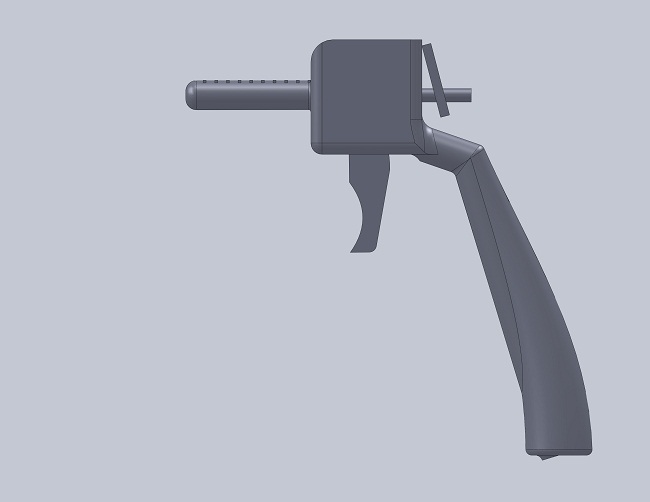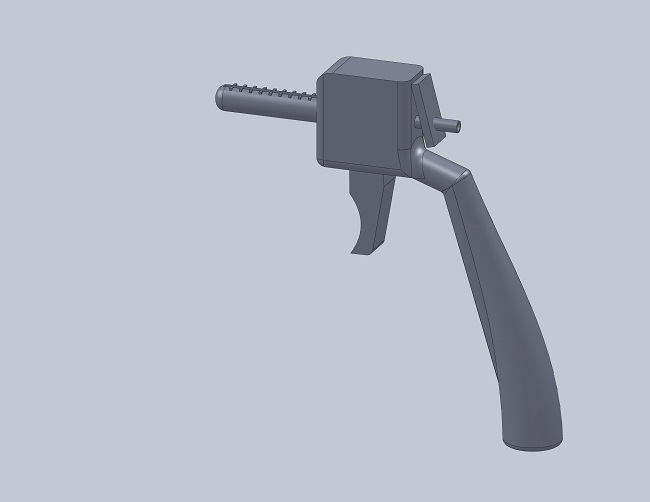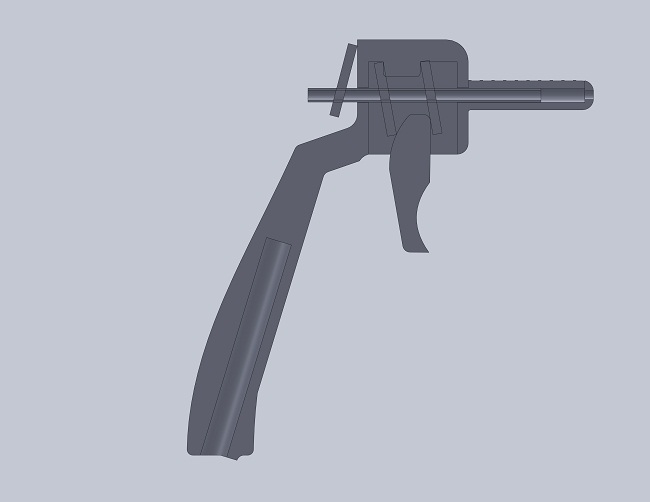Use of drill stop device for more accurate and efficient drilling in orthopedic surgery
Project Overview
The risk of injury to nerves, vascular structures, and tendons is present due to the overpenetration of the far cortex during bicortical drilling in orthopedic surgery. The current depth gauge used to determine the length of screw placed in the bone is static and cannot be changed during the drilling process. This can lead to inaccurate drilling due to the variety of bone depths in different sections of the bone. Previous studies have shown the average plunge depth to be 1.5 to 3 cm past the far cortex depending on the experience of the surgeon. Our team has been asked to design a variable depth drill guide with a drill stop that can be dynamically adjusted while preventing overpenetration of the far cortex.
Team Picture

Images



Files
- Final Design Paper (December 8, 2010)
- Final Design Poster (December 10, 2010)
- Mid-Semester Presentation (October 17, 2010)
- Product Design Specifications (October 17, 2010)
Contact Information
Team Members
- Kara Murphy - Team Leader
- Alex Bloomquist - Communicator
- Graham Bousley - BSAC
- Jonathan Mantes - BWIG
Advisor and Client
- Dr. Willis Tompkins - Advisor
- Dr. Tim O'Connor - Client
Related Projects
- Fall 2011: Incremental advance drill stop for orthopedic surgery
- Spring 2011: Incremental advance drill stop device for orthopedic surgery
- Fall 2010: Use of drill stop device for more accurate and efficient drilling in orthopedic surgery
